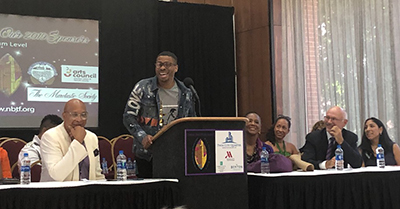
ATCA visits National Black Theatre Festival
by Lauren Van Hemert
Photos by Martha Wade Steketee and Jay Handelman
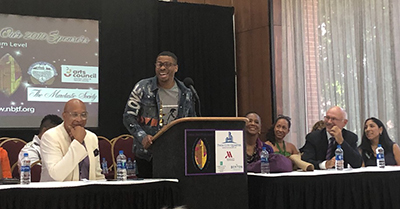
This summer, the top black theater companies from around the world convened in Winston-Salem, N.C. for the 16th National Black Theatre Festival. Along with them was a small contingent of American Theatre Critics Association (ATCA) members to cover experience the biennial event for the first time.
Larry Leon Hamlin, who created the North Carolina Black Repertory Company in 1979, created the National Black Theatre Festival 10 years later to amplify African-American cultures, develop and produce new works and sustain black theater internationally. At the time, The New York Times called the Festival, “one of the most historic and culturally significant events in the history of black theater and American theater in general.”
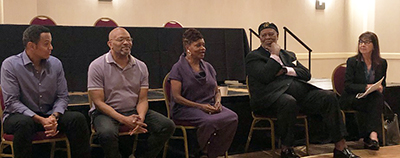
This year, the Festival curated 25 shows for its main stage productions, 10 less than two years ago. Those productions included a variety of plays, musical revues, Broadway musicals and new works.
“What it means for a first-time black playwright is that my work has found a validation on a national and international stage,” said Pooled playwright Moses T. Alexander Greene. “It has the potential to be a life changing moment that changes the trajectory of my life.”
The Festival also honored several black artists who have made significant contributions to the arts, including Leslie Uggams, who received the Sidney Poitier Lifelong Achievement Award. Tony Award-winners Andre De Shields, Brian Stokes Mitchell and Savion Glover joined celebrity co-chairs Margaret Avery (Stephen Spielberg’s The Color Purple) and Chester Gregory (Hairspray) for the opening ceremony and awards presentation.
During the Festival, Lynn Felder (Winston-Salem Journal) moderated a panel discussion on the living history of the festival featuring its current leaders (executive producer Sylvia Sprinkle Hamlin, artistic director Jackie Alexander, executive director Nigel Alston and celebrity coordinator Lawrence Evans). ATCA member Kelundra Smith presented two workshops on theater criticism for festival guests and attended by a few ATCA members.
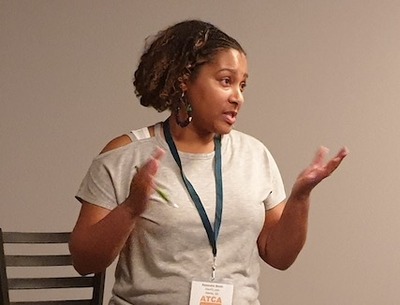
In addition, Smith, who is the Chair of ATCA’s Diversity and Inclusion Committee, along with David Chavéz (Bay Area Plays) and new ATCA Chair Martha Wade Steketee, led a dynamic workshop discussion for members about “Reviewing Theater in a Politically Turbulent America.” During the session, members read pre-selected reviews with an eye toward potentially racially and ethnically offensive or questionable language.
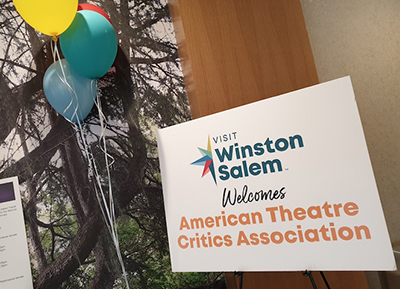
ATCA members also enjoyed a variety of networking opportunities and events, including a party hoste by the Westcoast Black Theatre Troupe of Sarasota, FL after its opening night performance of “Soul Man”; a reception at The Rhodes Arts Center hosted by the Arts Council of Winston-Salem and Forsyth County. Several ATCA members took advantage of free passes to tour the historic Reynolda House Museum of American Art and Old Salem.
On the last morning of the Festival, conference chair Jay Handelman (Sarasota Herald-Tribune) moderated a panel discussion on the state of Black theater in the United States. The panelists included the artistic directors from three prominent black theaters shared their success stories and reinforced the underlying themes of the Festival.
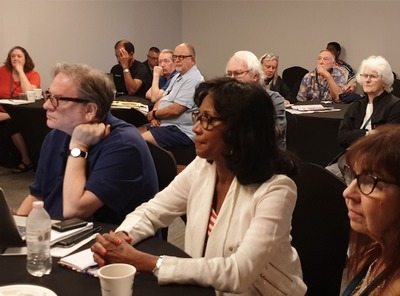
“If we are going to eradicate racism, we have to educate each other,” said Taylor. “We really desire to know more about each other, period.”
Taylor went on to say that one way to educate the public is by presenting universal stories in a culturally specific way.
“All of our productions have a cross-cultural message,” said Jackie Taylor. “You’re going to see yourself on that stage no matter what.”
Eileen J. Morris, artistic director of the Ensemble Theatre Company in Houston and Nate Jacobs, founder and artistic director of the Westcoast Black Theatre Troupe in Sarasota echoed Taylor’s sentiment.
“The stories of any people are the responsibility of the people,” said Jacobs. “Black theater is for everybody.”
For more festival coverage read:
- National Black Theatre Festival, 2019
- Biennial Event Seeks to Inspire All
- Sustaining Regional Black Theatre
- Audience as Congregation in Winston-Salem
- History comes to dramatic and musical life at National Black Theatre Festival
- Sarasota’s Westcoast Troupe brings some ‘Soul’ to national festival
- On the Road: At the National Black Theatre Festival in North Carolina
- Adaptability helped Davidson find career as designer
- 16th NBTF wraps on a high note
- Holy Ground that’s Marvtastic: Black Theatre Is for Everybody at the National Black Theatre Festival
- A Reunion of Spirit: The National Black Theatre Festival showcases the medium’s growing inclusivity




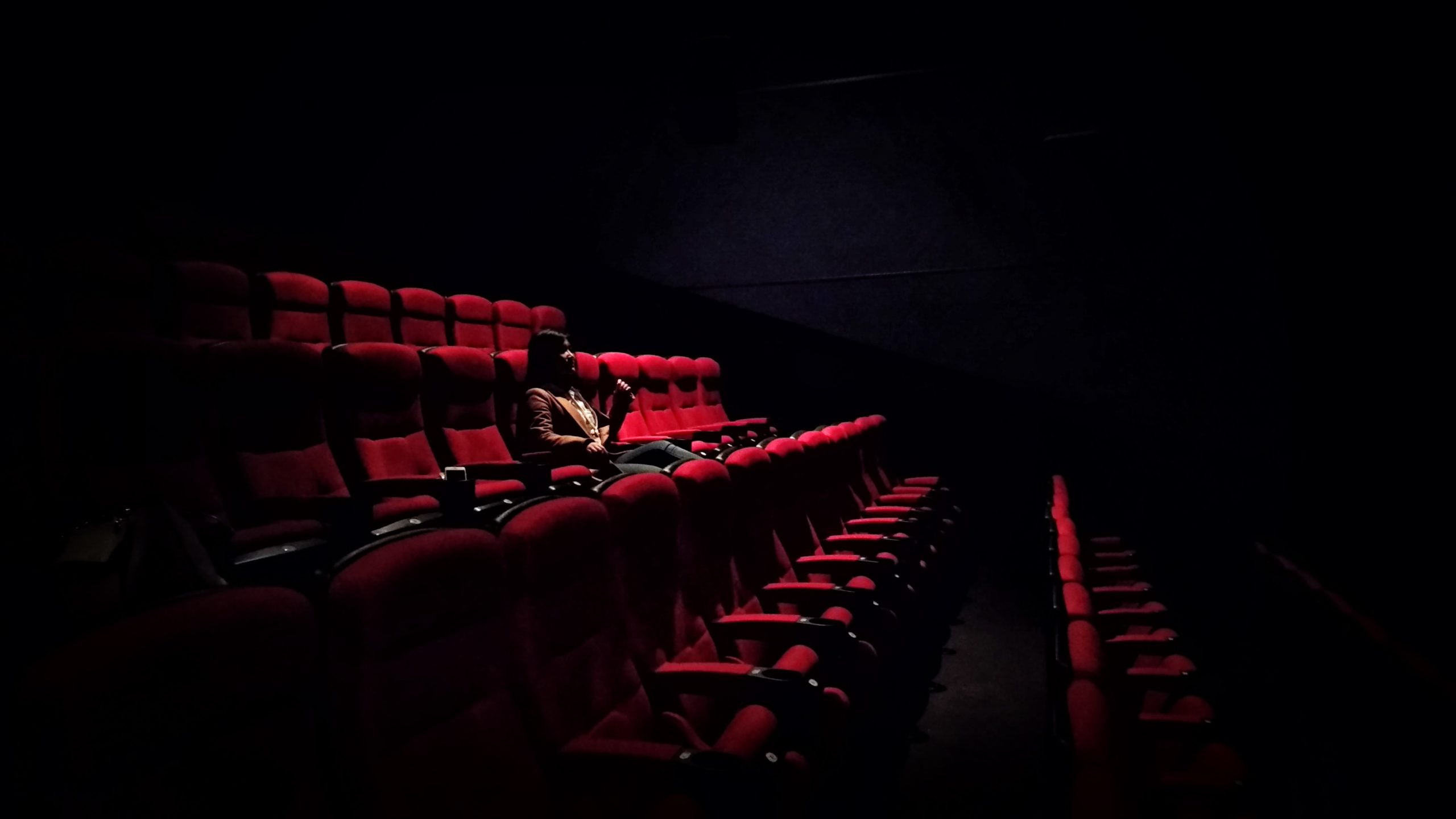
Sorry, the comment form is closed at this time.